Home>Home Appliances>Laundry Appliances>Washing Machine Making Noise When Off
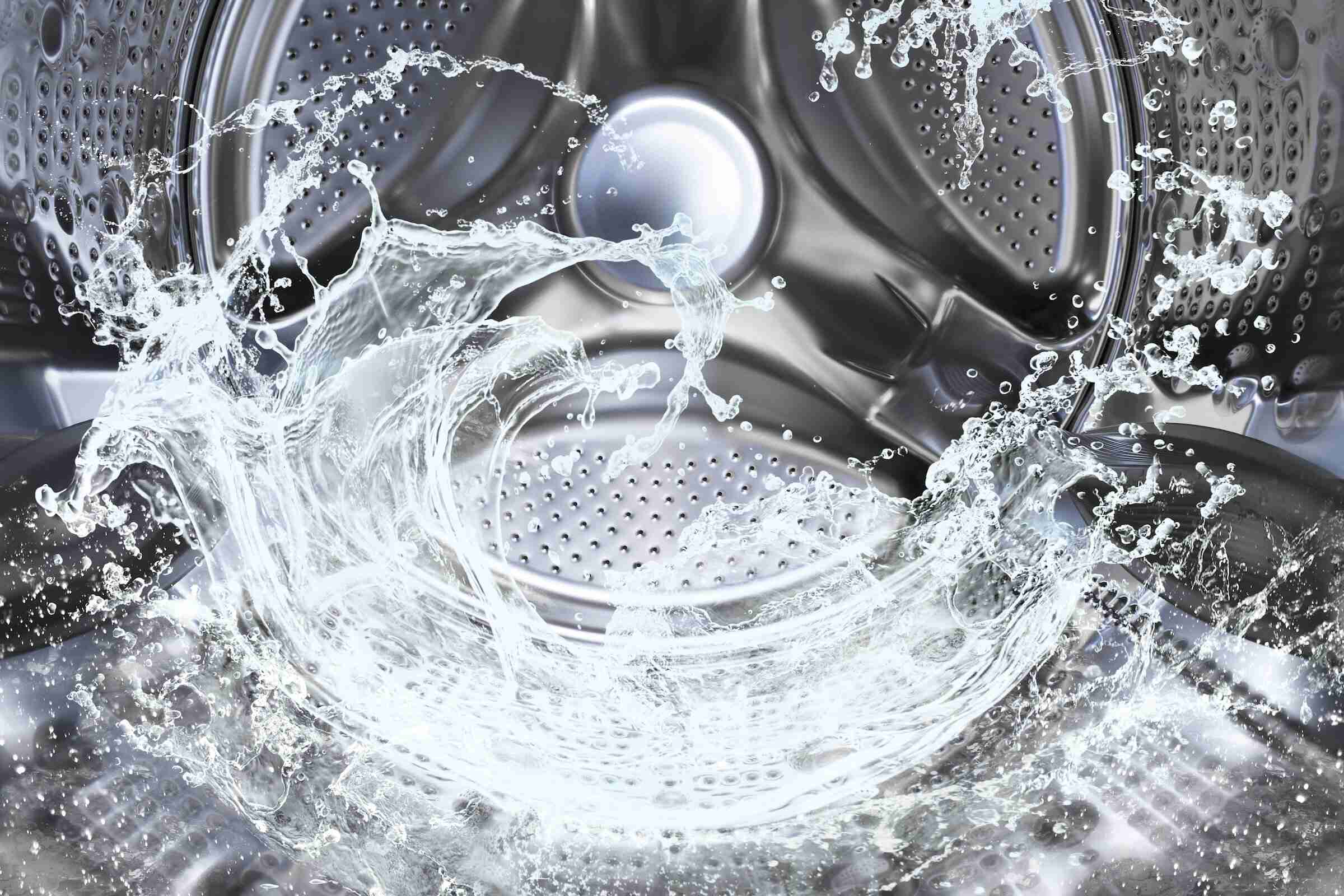

Laundry Appliances
Washing Machine Making Noise When Off
Published: February 20, 2024
If your washing machine is making noise when off, it could be a sign of a problem. Get expert tips to troubleshoot and fix the issue with laundry appliances.
(Many of the links in this article redirect to a specific reviewed product. Your purchase of these products through affiliate links helps to generate commission for Storables.com, at no extra cost. Learn more)
Possible Causes of Washing Machine Noise When Off
-
Loose Parts: A common culprit behind a washing machine making noise when it's not in use is loose parts. Over time, the constant vibrations during the wash cycle can cause various components to become loose, leading to rattling or banging noises even when the machine is turned off.
-
Worn Out Bearings: If your washing machine emits a persistent rumbling or grinding noise when it's not in use, worn out bearings could be the root cause. Bearings support the drum and allow it to spin smoothly. When they wear out, they can produce noticeable sounds, indicating the need for replacement.
-
Faulty Water Inlet Valve: A malfunctioning water inlet valve can also be responsible for the noise. This valve controls the flow of water into the washing machine. If it's defective, it may produce a continuous humming or buzzing sound, even when the machine is not actively running a cycle.
-
Unbalanced Drum: An unbalanced drum can lead to a thumping or knocking noise, even when the washing machine is off. This imbalance can occur due to heavy loads, uneven distribution of clothes, or issues with the suspension or shock absorbers.
-
Worn Out Drive Belt: The drive belt is responsible for rotating the drum during the wash and spin cycles. If it becomes worn or damaged, it can create a squealing or squeaking noise, even when the machine is not in use.
-
Faulty Motor: A faulty motor can produce a range of noises when the washing machine is off, including buzzing, humming, or clicking sounds. This can indicate underlying issues with the motor's internal components, such as worn-out brushes or damaged windings.
-
Water Hammer: In some cases, a phenomenon known as water hammer can cause the pipes connected to the washing machine to make banging or knocking noises when the water supply is turned off. This occurs when the flow of water is suddenly halted, leading to pressure fluctuations within the plumbing system.
Identifying the potential causes of washing machine noise when it's not in use is the first step toward addressing the issue. By understanding these common culprits, homeowners can take proactive measures to troubleshoot and resolve the source of the unwanted sounds, ensuring that their washing machine operates smoothly and quietly, even during periods of inactivity.
Key Takeaways:
- Don’t ignore strange washing machine noises when it’s off! Loose parts, worn-out bearings, and unbalanced drums could lead to bigger problems. Take action to prevent damage and keep your home peaceful.
- If your washing machine is making noise when it’s not in use, don’t panic! Check for loose parts, worn-out bearings, and faulty components. Addressing these issues early can save you money and maintain a quiet home.
Read more: Washer Makes Noise When Agitating
Troubleshooting Steps for Washing Machine Noise When Off
When faced with a washing machine making noise when it's not in use, it's essential to undertake systematic troubleshooting steps to identify and resolve the underlying issues. Here are the recommended steps to address this concern:
-
Inspect for Loose Parts: Begin by conducting a thorough inspection of the washing machine. Check for any visibly loose components such as screws, bolts, or panels. Tighten any loose parts using the appropriate tools to eliminate potential sources of noise.
-
Examine the Bearings: If the noise resembles a rumbling or grinding sound, the bearings may be the culprit. To assess this, manually rotate the drum to feel for any roughness or resistance, which could indicate worn-out bearings. If confirmed, consider replacing the bearings to restore smooth and quiet operation.
-
Check the Water Inlet Valve: A malfunctioning water inlet valve can contribute to persistent humming or buzzing noises. Inspect the valve for any signs of damage or irregularities. If necessary, seek professional assistance to repair or replace the faulty component.
-
Balance the Drum: An unbalanced drum can lead to disruptive thumping or knocking noises. Ensure that the washing machine is placed on a level surface and that the load inside is evenly distributed. If the issue persists, consider examining the suspension and shock absorbers for any wear or damage.
-
Inspect the Drive Belt: A worn or damaged drive belt can produce squealing or squeaking noises, even when the machine is not in use. Carefully examine the condition of the drive belt and replace it if signs of wear or damage are present.
-
Evaluate the Motor: If the noise emanates from the motor, it's crucial to assess its condition. Listen for any unusual buzzing, humming, or clicking sounds, which may indicate internal issues. Consider seeking professional assistance to diagnose and address motor-related concerns effectively.
-
Address Water Hammer: In cases where the noise originates from the plumbing system due to water hammer, consider installing water hammer arrestors or pressure-reducing valves to mitigate the abrupt pressure fluctuations and minimize disruptive sounds.
By systematically following these troubleshooting steps, homeowners can effectively identify and address the root causes of washing machine noise when it's not in use. This proactive approach not only promotes a quieter laundry environment but also helps prevent potential mechanical issues, ensuring the longevity and optimal performance of the washing machine.
Importance of Addressing Washing Machine Noise When Off
Addressing washing machine noise when it's not in use holds significant importance for homeowners, as it signifies proactive maintenance and ensures a peaceful living environment. The following points underscore the significance of promptly dealing with this issue:
Preventing Potential Damage:
Unaddressed washing machine noise when the appliance is off can indicate underlying mechanical issues that, if left unresolved, may lead to more severe damage over time. For instance, a persistent rumbling noise could signify worn-out bearings, and a squealing sound might indicate a damaged drive belt. By promptly identifying and addressing these concerns, homeowners can prevent further deterioration of essential components, ultimately extending the lifespan of the washing machine.
Ensuring Operational Efficiency:
A washing machine that produces disruptive noises when not in use may be indicative of inefficiencies within its internal mechanisms. By addressing these issues, homeowners can restore the appliance to its optimal operational state, promoting smoother and quieter performance during active use. This not only enhances the overall laundry experience but also contributes to energy efficiency, as a well-maintained machine operates more effectively, potentially reducing utility costs.
Read more: Washer Makes Noise When Spinning
Preserving Home Comfort:
Unwanted noise from a washing machine, even when it's not actively running a cycle, can disrupt the tranquility of the home environment. By promptly addressing the source of the noise, homeowners can restore a peaceful ambiance, free from the disturbances caused by the appliance. This is particularly crucial in residential settings where a quiet and serene atmosphere is highly valued, promoting relaxation and well-being for occupants.
Mitigating Safety Risks:
Certain types of washing machine noise, such as those stemming from electrical components or water inlet valves, may pose safety risks if left unattended. Addressing these issues promptly can help mitigate potential hazards, ensuring the safe operation of the appliance and minimizing the likelihood of electrical malfunctions or water-related incidents. This proactive approach prioritizes the safety of household members and safeguards the property from avoidable risks associated with malfunctioning appliances.
Cost-Effective Maintenance:
By promptly addressing washing machine noise when the appliance is off, homeowners can potentially avoid costly repairs or part replacements that may arise from prolonged neglect of underlying issues. Proactive maintenance not only prevents the escalation of problems but also minimizes the financial burden associated with extensive repairs, aligning with prudent financial management and responsible homeownership.
In essence, addressing washing machine noise when it's not in use is integral to preserving the appliance's functionality, promoting home comfort, and safeguarding against potential safety hazards. By promptly identifying and resolving the root causes of the noise, homeowners can uphold the efficiency, longevity, and tranquility of their living spaces, contributing to a harmonious and well-maintained household environment.
Professional Help for Washing Machine Noise When Off
In instances where troubleshooting at a basic level does not resolve the issue of a washing machine making noise when it's not in use, seeking professional assistance becomes imperative. Professional appliance repair services offer specialized expertise and technical proficiency to diagnose and address complex washing machine issues effectively. Here's a detailed overview of the professional help available for addressing washing machine noise when off:
Read more: Samsung Washer Making Noise When Spinning
Expert Diagnosis:
Professional technicians possess in-depth knowledge of various washing machine models and their intricate components. When called upon to address a noise-related concern, these experts conduct comprehensive diagnostics to pinpoint the exact source of the unwanted sounds. Through meticulous inspection and testing, they can identify underlying mechanical, electrical, or plumbing-related issues that may be contributing to the noise, ensuring a thorough and accurate assessment of the situation.
Specialized Repairs:
Upon identifying the root causes of the washing machine noise, professional technicians are equipped to perform specialized repairs with precision and expertise. Whether it involves replacing worn-out bearings, repairing faulty water inlet valves, or addressing motor-related issues, these professionals have the technical acumen and access to genuine replacement parts to execute the necessary repairs effectively. Their proficiency in handling intricate components ensures that the washing machine is restored to optimal functionality, free from disruptive noises.
Preventive Maintenance:
In addition to addressing immediate concerns, professional appliance repair services offer valuable insights into preventive maintenance measures for washing machines. By engaging their services, homeowners can benefit from expert recommendations on optimizing the performance and longevity of their appliances. This may include guidance on regular maintenance tasks, such as lubricating moving parts, inspecting electrical connections, and ensuring proper alignment of internal components, all aimed at preventing future instances of disruptive noise and promoting the overall well-being of the washing machine.
Warranty Compliance:
For homeowners with washing machines still under warranty, seeking professional help for addressing noise-related issues is crucial for maintaining warranty compliance. Professional technicians are well-versed in the specific requirements and protocols outlined by manufacturers' warranties. By entrusting the diagnosis and repairs to authorized professionals, homeowners can ensure that the warranty terms are upheld, safeguarding their investment in the appliance and potentially minimizing out-of-pocket expenses for covered repairs.
Technical Expertise:
Professional appliance repair services offer the assurance of technical expertise and adherence to industry standards. Their familiarity with the latest advancements in washing machine technology, coupled with ongoing training and certifications, positions them as reliable resources for addressing complex noise-related issues. Their proficiency in navigating the intricacies of modern washing machines enables them to deliver effective solutions while upholding the highest standards of quality and safety.
In summary, seeking professional help for washing machine noise when off provides homeowners with access to expert diagnosis, specialized repairs, preventive maintenance guidance, warranty compliance, and technical expertise. By leveraging the specialized skills and resources offered by professional appliance repair services, homeowners can effectively address noise-related concerns, restore the tranquility of their living spaces, and ensure the optimal performance and longevity of their washing machines.
Frequently Asked Questions about Washing Machine Making Noise When Off
Was this page helpful?
At Storables.com, we guarantee accurate and reliable information. Our content, validated by Expert Board Contributors, is crafted following stringent Editorial Policies. We're committed to providing you with well-researched, expert-backed insights for all your informational needs.

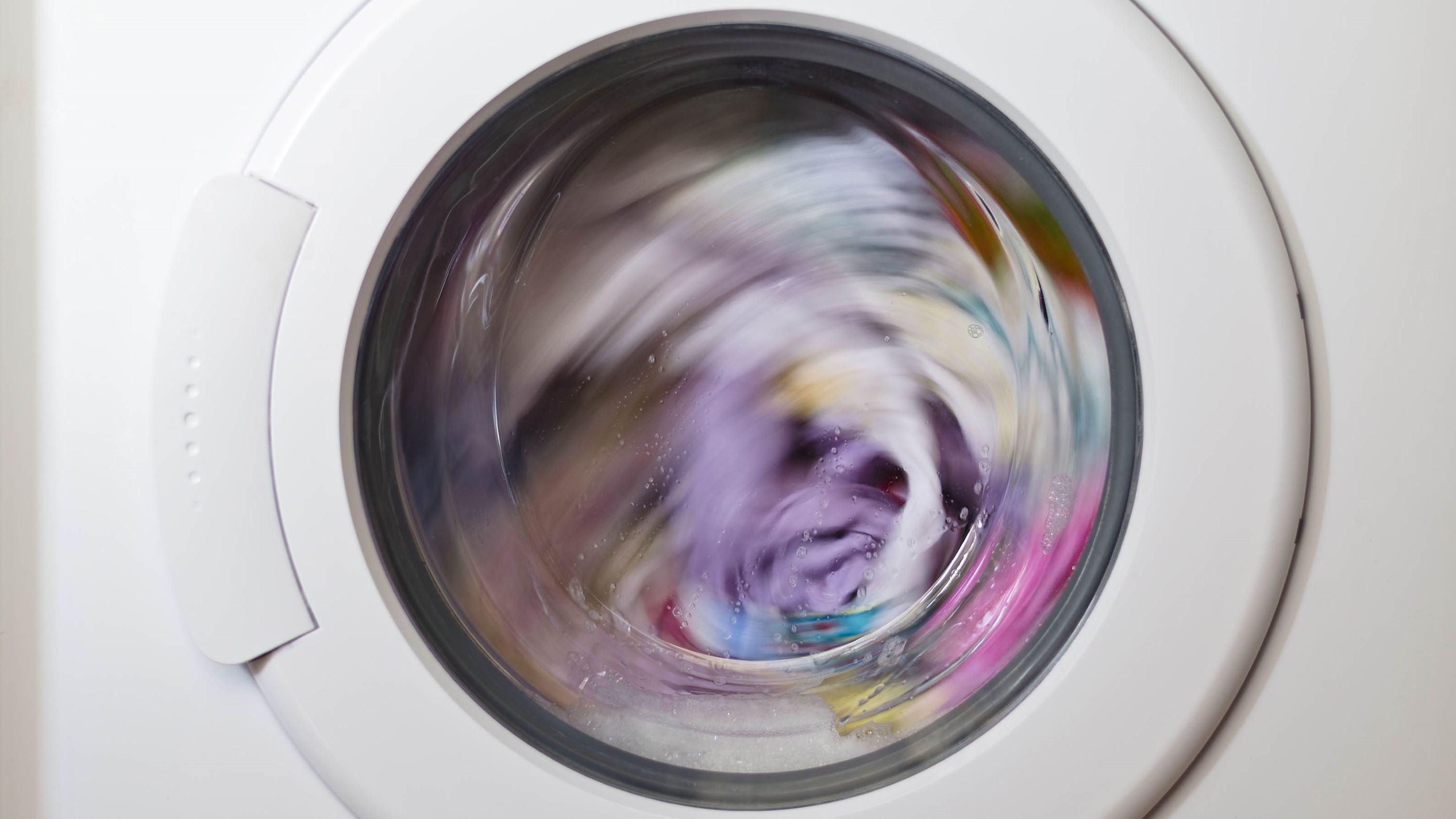
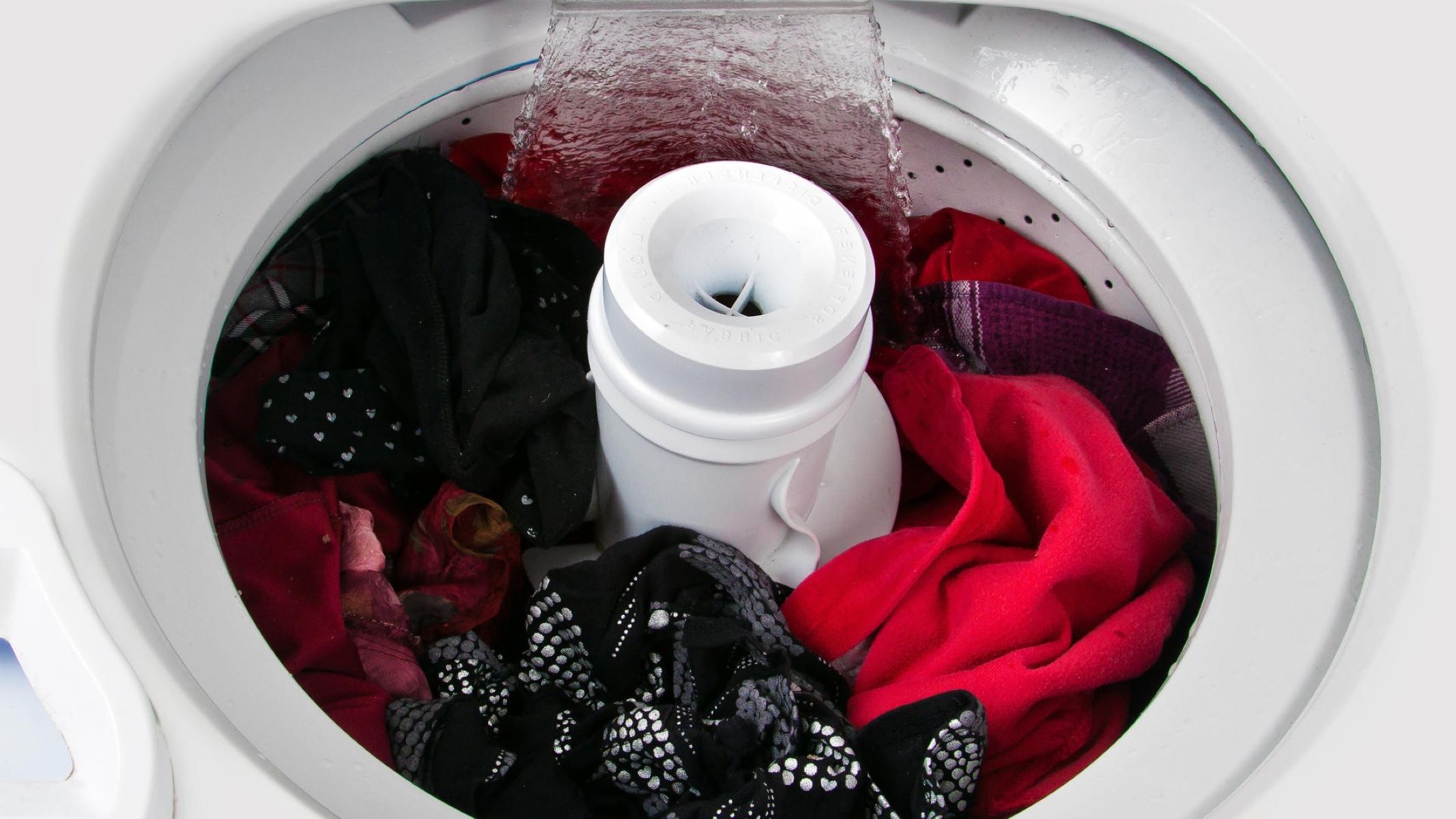
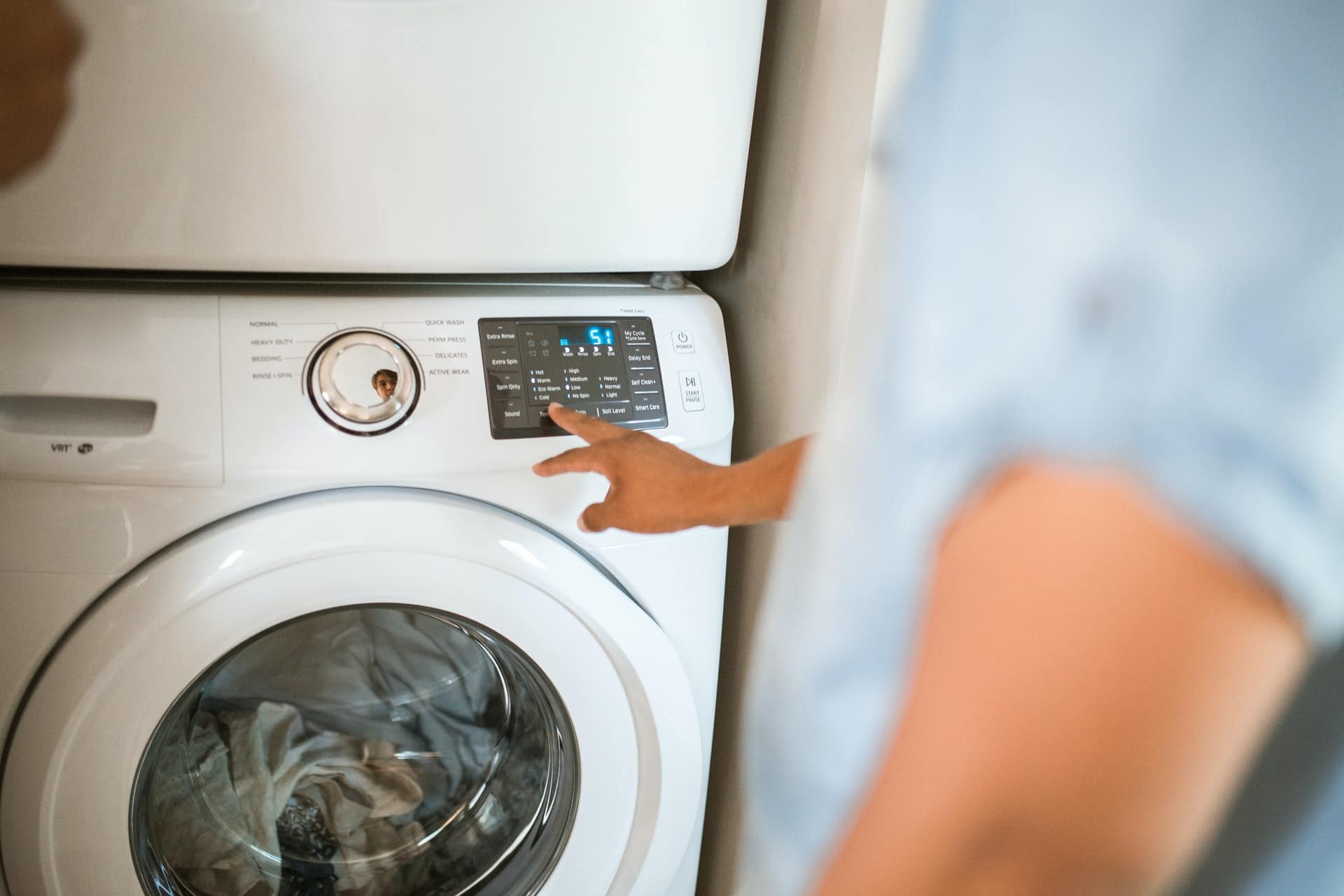
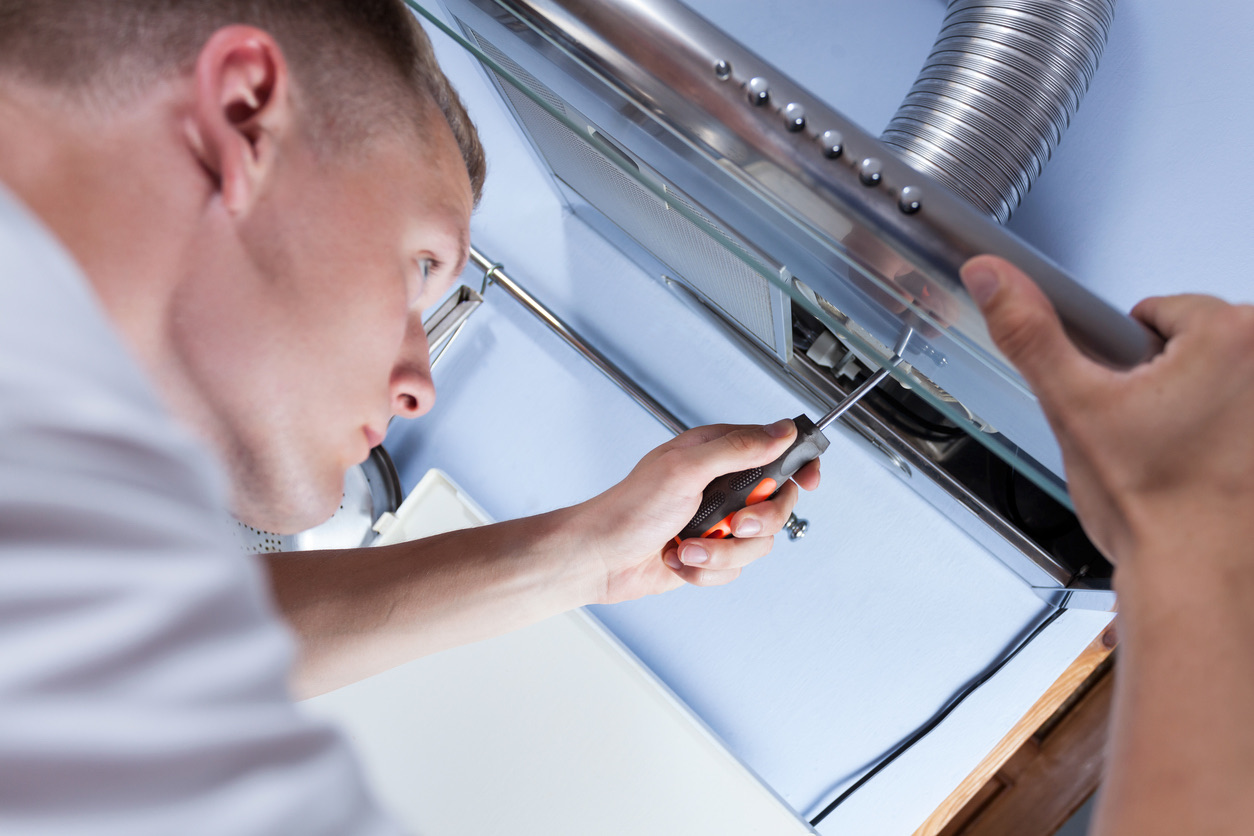

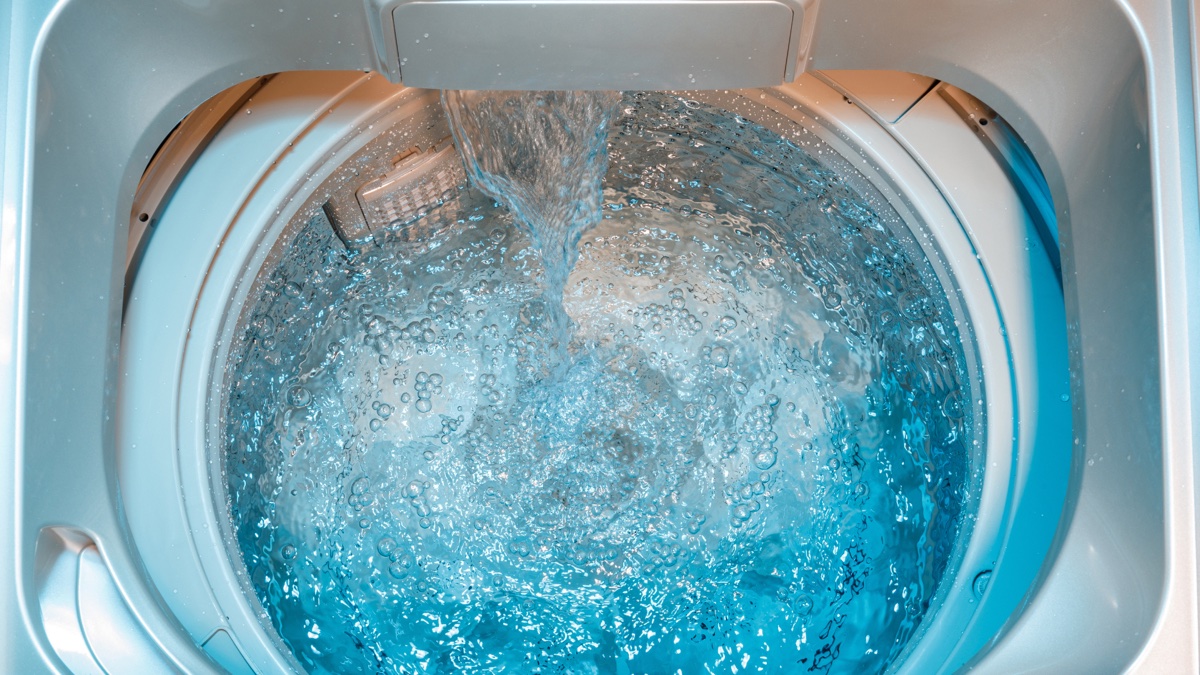
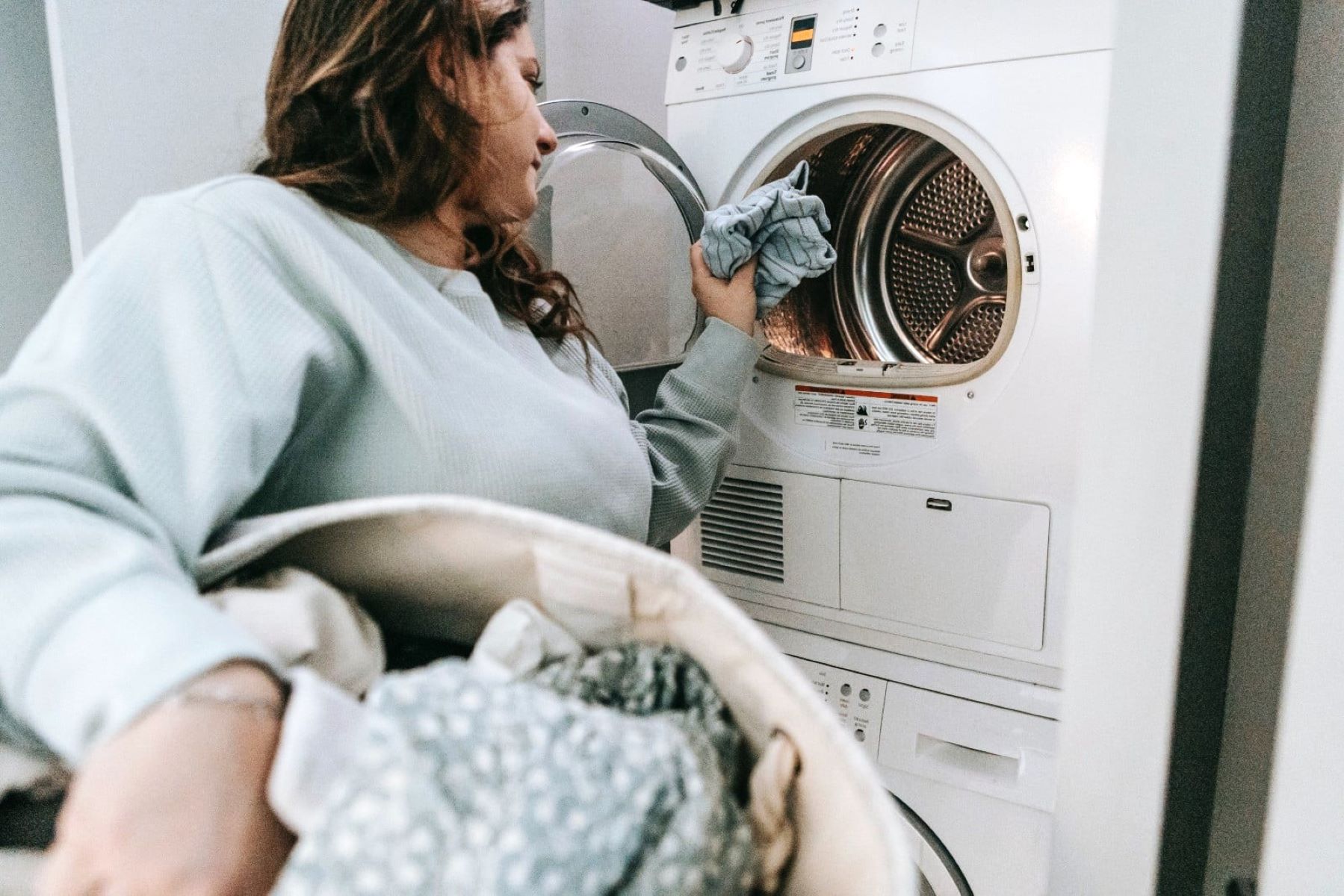
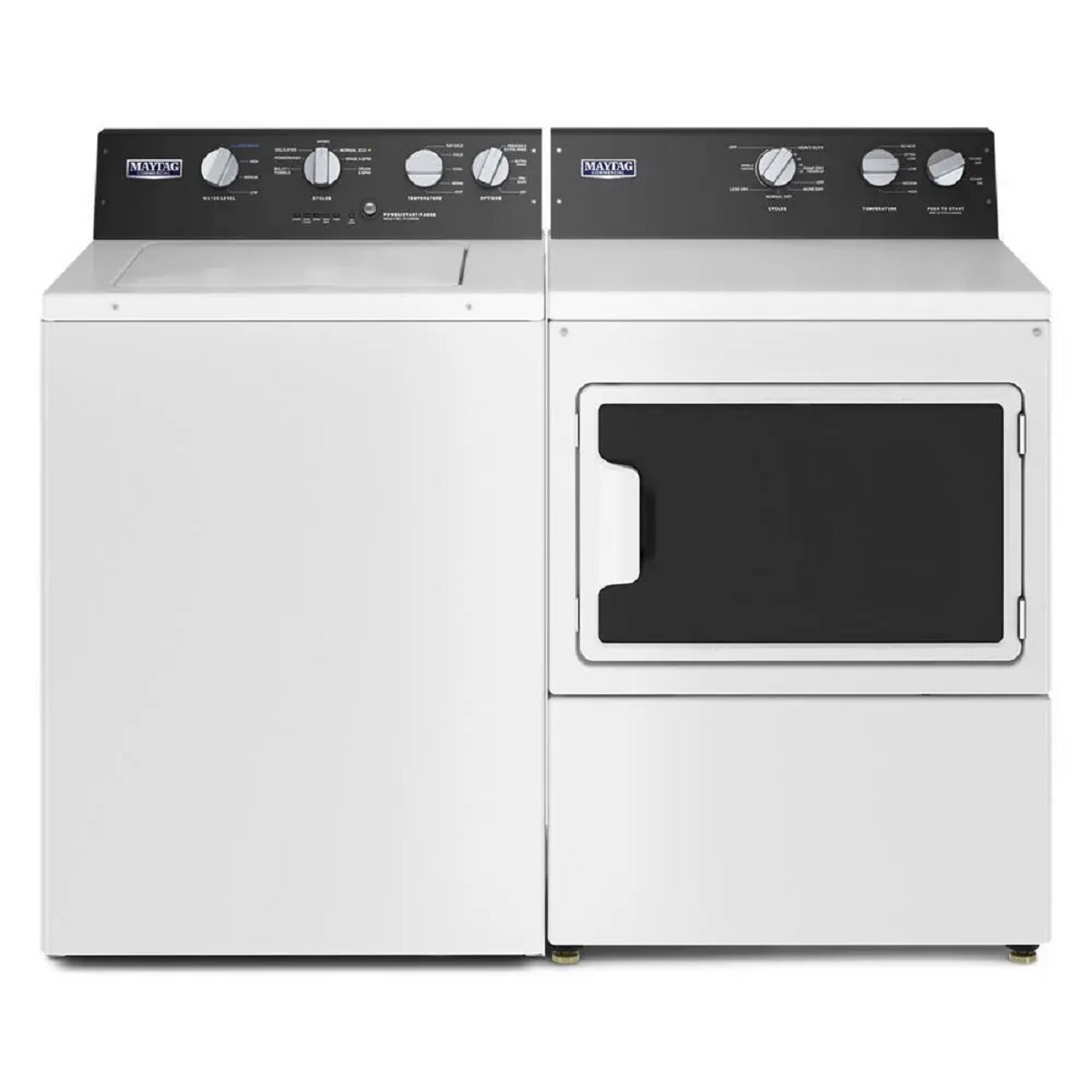

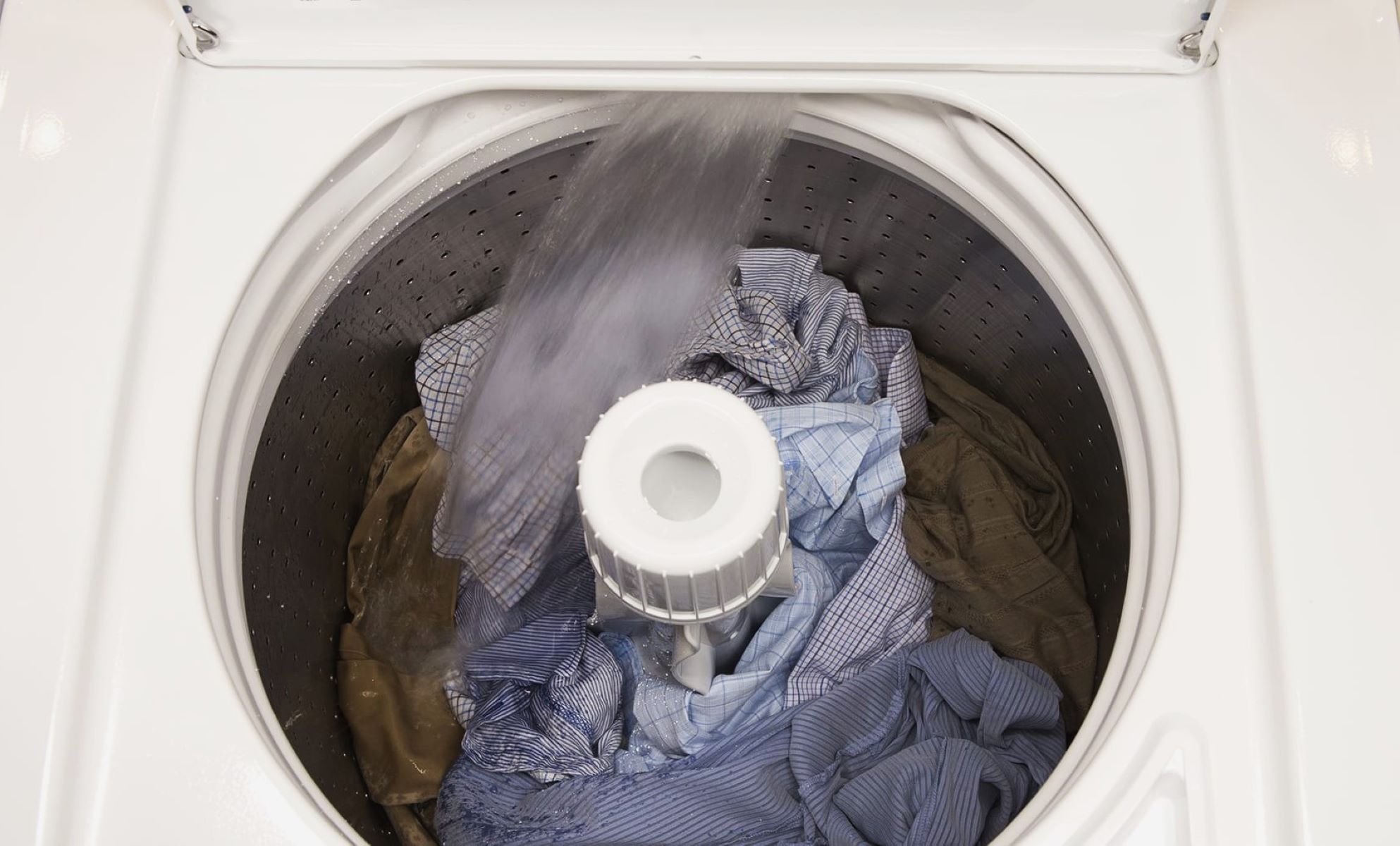
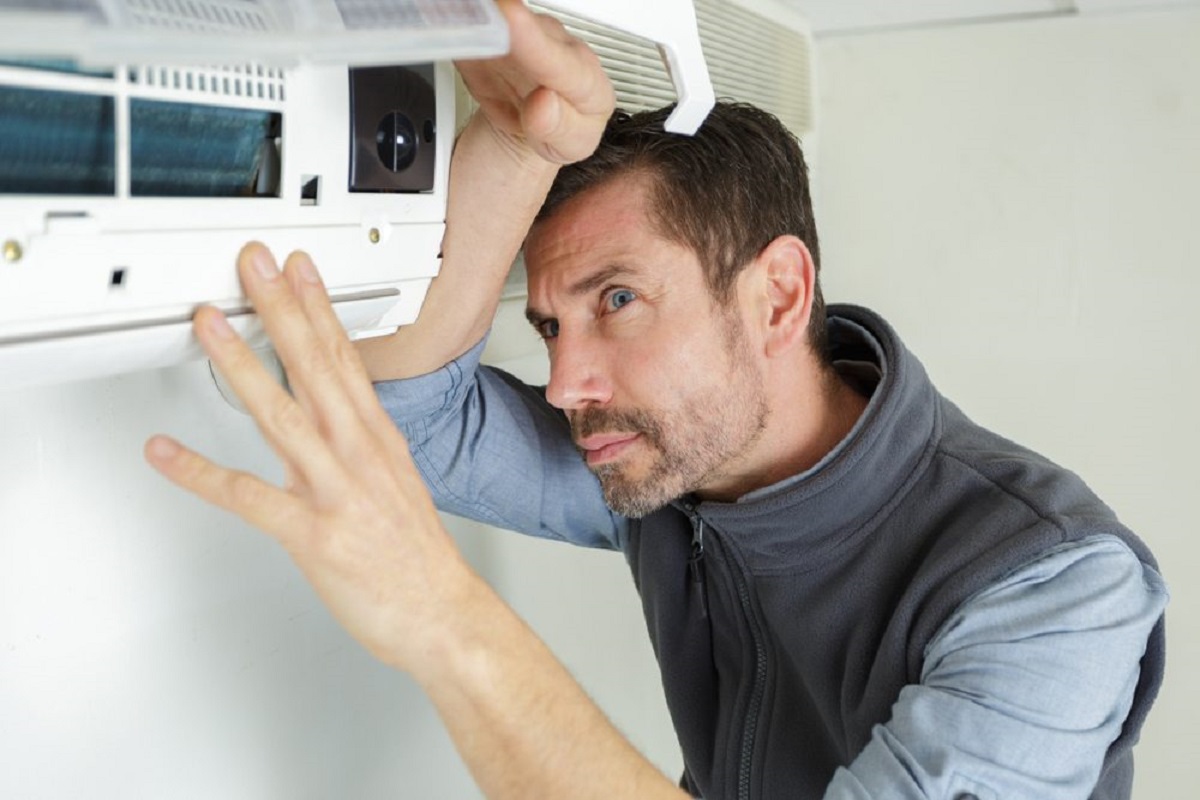

0 thoughts on “Washing Machine Making Noise When Off”